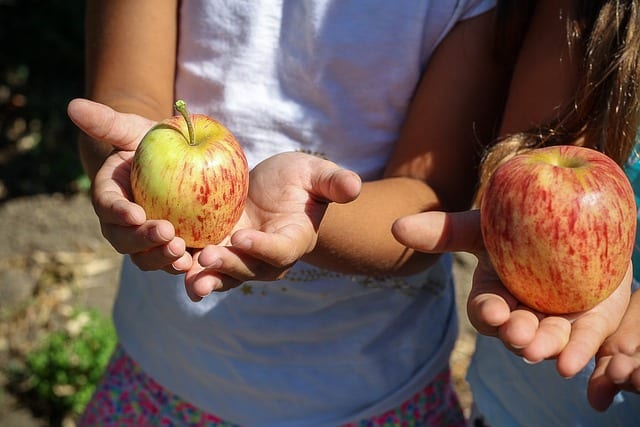
A team of scientists led by Martijn Schuijs, has presented to the recently held congress of the British Society of Immunology, an interesting investigation, in a line that has been developing timidly for several months. Is about the relationship between being raised on a farm, and lower rates of allergies for children living in those environments. So far the causes are uncertain, although the study seems to point towards the first evidence of the biological mechanisms that could explain why life on a farm protects against allergies.
On the other hand, I would like to take advantage of this post to tell you about the "hygiene hypothesis" because, although it is sometimes disputed, we can consider it a factor related to the incidence of allergies, but also other autoimmune diseases. Next, I'm going to talk about it briefly:
This hypothesis was born in the late 70s, and was based on the belief that for the immune system to respond properly, the body should be able to come into contact with possible external agents as germs (among which are also bacteria that help "natural defenses" to mature). Of course, it is advisable to be cautious Because it is one thing to allow a certain degree of dirt, and avoid extreme cleaning (to benefit our relationship with the germs that could help us), and another to pass us to the neglect and neglect of good habits.

Contact with Nature: obvious benefits.
A little more about the hygiene hypothesis.
For example: most babies love to put dirt and sand in their mouths, but if the place where they are playing is clearly contaminated by excrement, we should avoid it; another example: we don't have to wash children's hands every 15 minutes with sanitary napkins, but we can establish the habit of having them washed when they get home, after going to the toilet and after eating. As I always say: virtue is in balance.
As I have already pointed out, the hygiene hypothesis gained strength in its day, but it was also (and is) controversial. For example, it is quite accepted that the immune system works better if exposed to external agents, however Sally Bloomfield (among other relevant opinions) maintains that it cannot be taken into account as a weighting factor in this immune regulation, since there are studies that they point to the weight of one's own development in strength in the face of aggression.
The relationship that I find between exposure to microbes that help to mature the immune system, and the opposition between rural life and life in the city, is that the development of our habitat in the city has led to a certain degree of asepsis (impeccable homes , washing machines every day, distance from natural elements). On the other hand, living on a farm or in a town does not mean more dirt, but more contact with the land or with animals, and thus perhaps more contact with germs (which we remember, could be beneficial).
And the latter may be nothing more than speculation, but in any case they could be advantages to value.
Nature and de-stressed children.
From the conclusions of a study called "Nature nearby as a moderator of childhood stress", from Dr. Corraliza and collaborators, I have felt the need to tell you that the relationship with this Nature (in capital letters) and a greater capacity of childhood to face adverse reactions is demonstrated, consequently offering more stress regulation. Corraliza's research was based on another hypothesis, “Buffering”, and sought to assess the positive impact of those little "natures" (urban wooded parks, "green" schoolyards, ...) as factors of psychological balance for minors.

Do children who live on farms have fewer allergies?
Schuijs's work, cited at the beginning, was developed in the laboratory, and the data obtained could explain why "children who grow up on farms develop fewer allergies." Very briefly (and taking into account that you have the work linked above), I tell you that from the exposure of laboratory mice to different components, it was found that the expression of the A20 protein (related to the communication between the immune system and the lining of the lungs) was suppressed by inducing contact with farm dust. Namely, exposed individuals suffered fewer inflammation reactions, including asthma or other allergic reactions.
I always value these contributions, although in my opinion, common sense also counts (and a lot), and attention to the needs of our daughters and sons, so take note: Little ones need Nature (or nature) and dirt doesn't hurt them as much as we think... but use that sense of which I speak, and allow them to be happy.